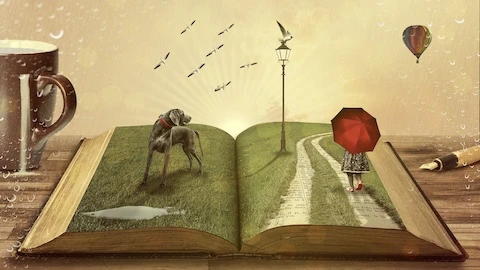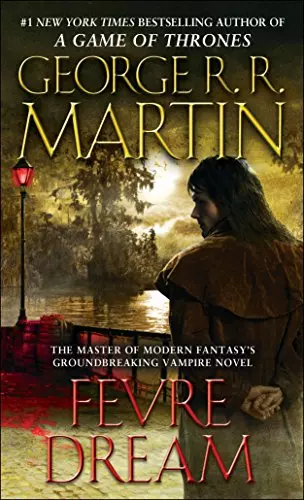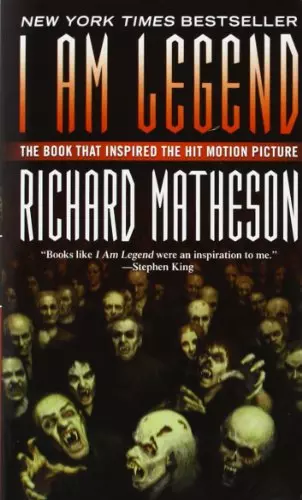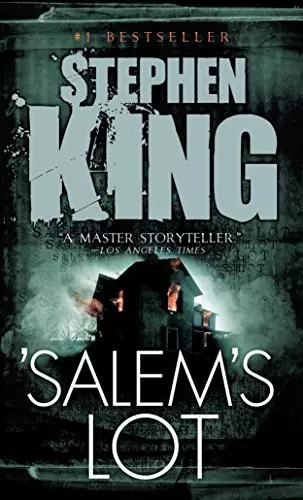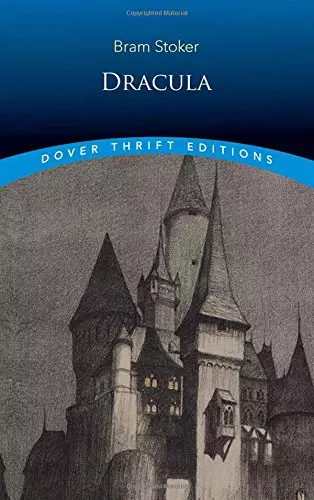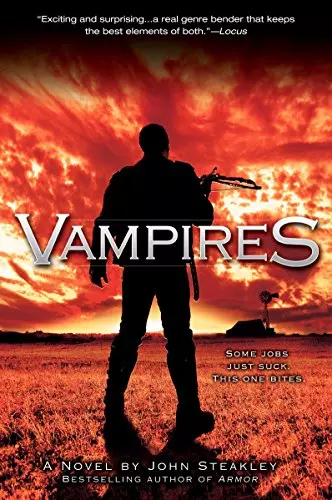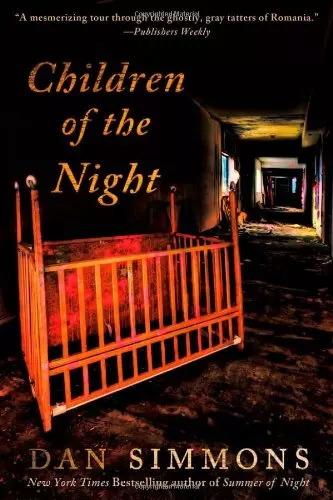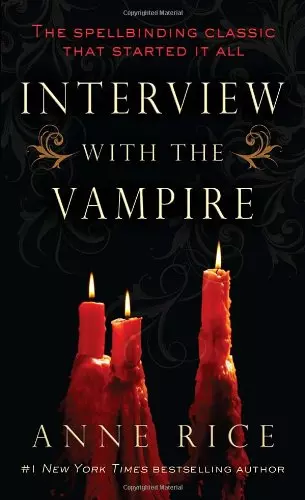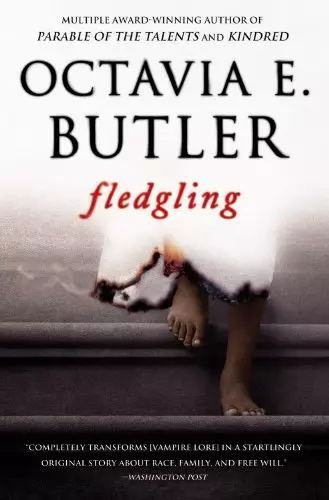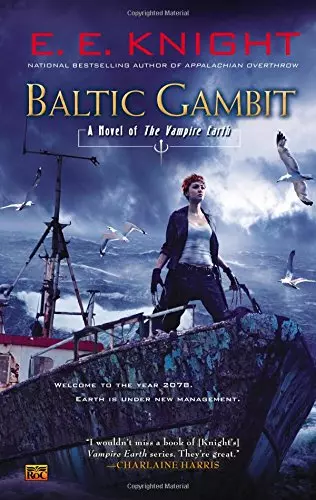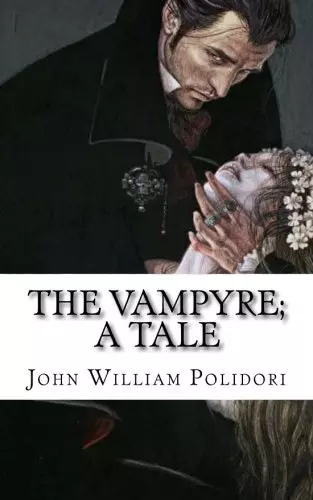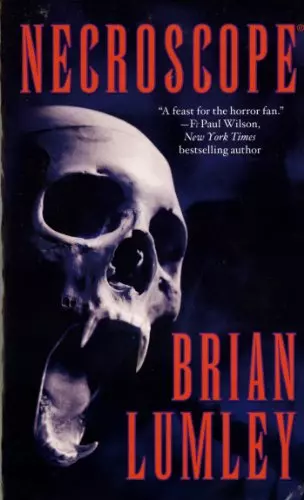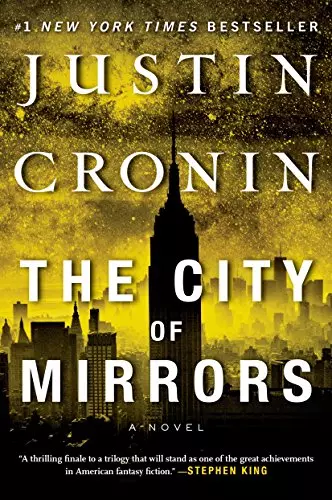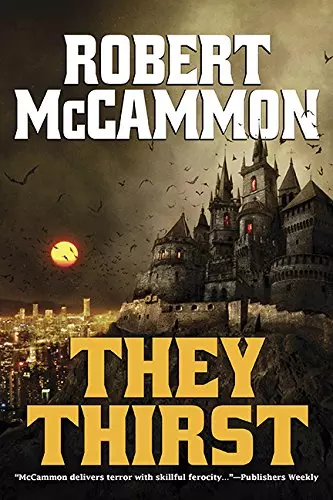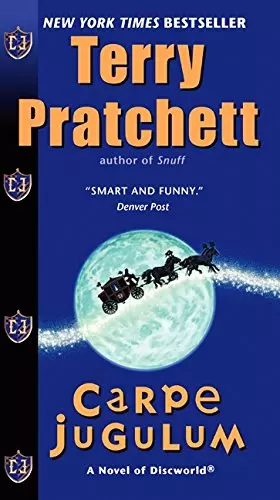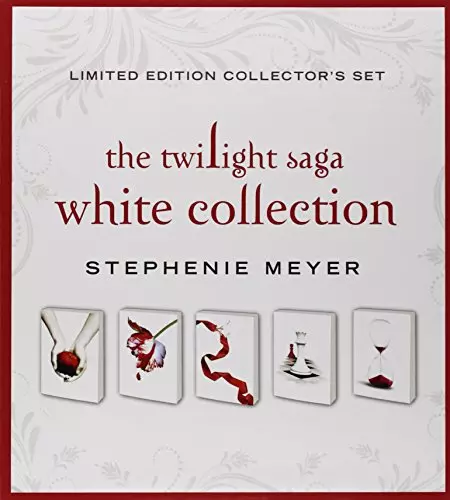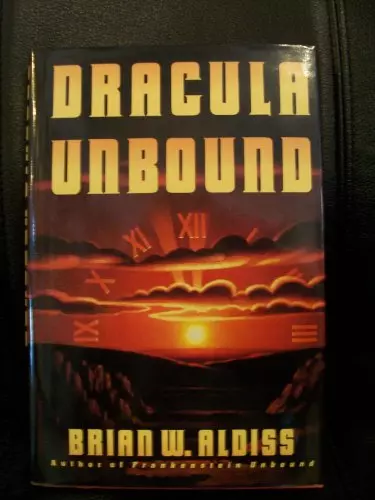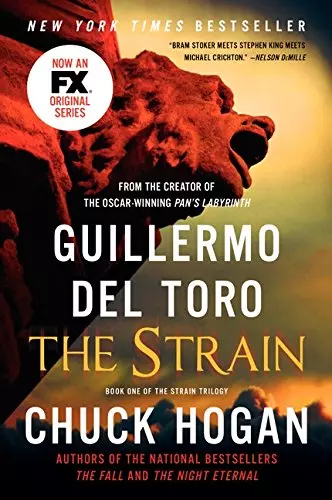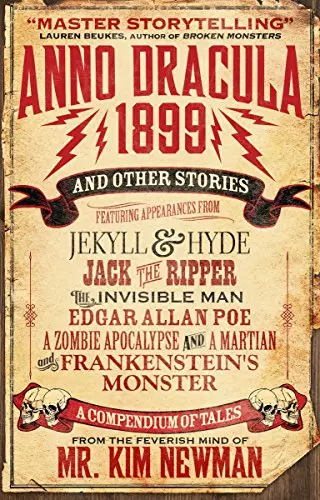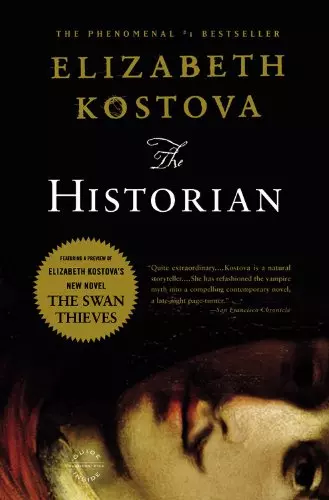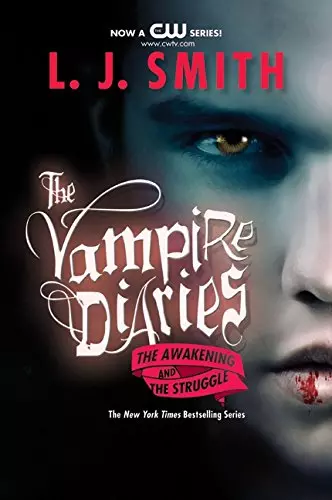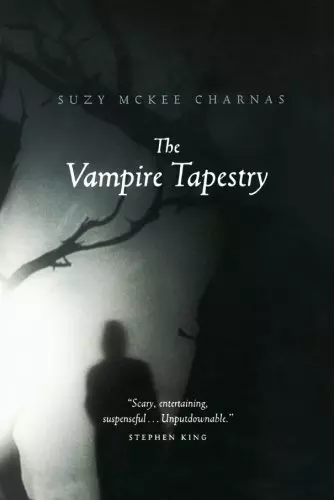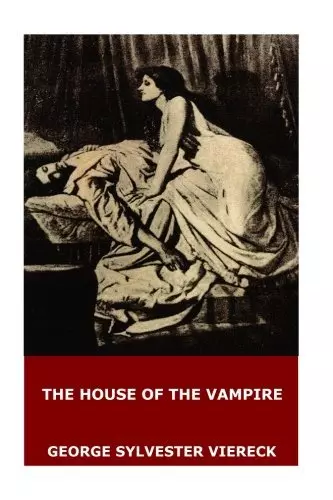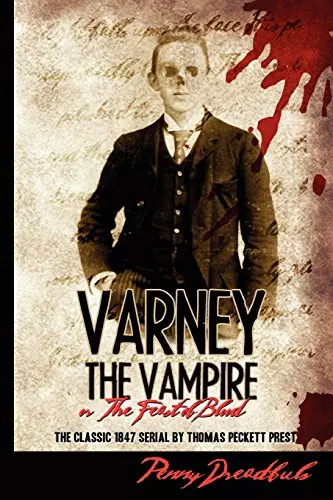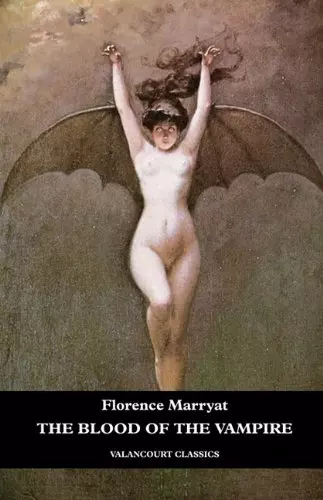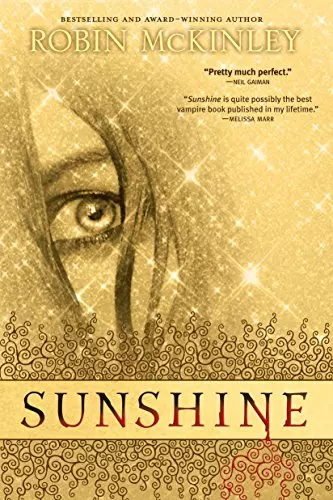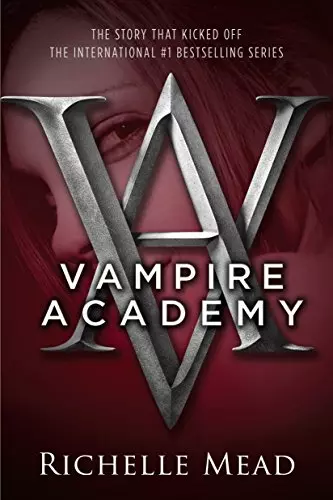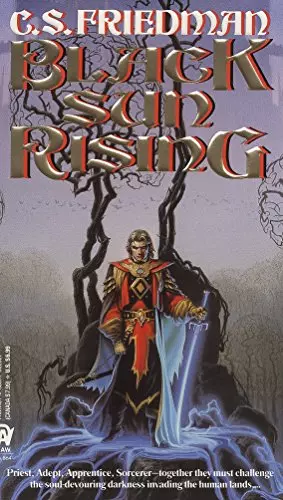He writes stories where castration, rape, skull-crushing, and child sacrifice are parred for the course. So it should come as no surprise that George R.R. Martin conquered the sub-genre of horror fantasy before he wrote A Song of Ice and Fire. It's much (MUCH) more subtle than the series he's most famous for “something you'll need to keep in mind if you plan to read Fevre Dream. And you should. Why it made the list thanks to Twinkle Toes Twilight and the many vomit-inducing teenage wet dreams it spawned, vampires have lost much of their mythos. Long before that, Martin published a tightly written tale that combines elements of horror with urban fantasy in a thrilling urban fantasy. If you're experiencing the same kind of vampire fatigue as the rest of the intelligent world, you might be tempted to avoid this book. But that fatigue is exactly why you should read it. Because it will erase the memories of Stephanie Meyer's brand of sparkly literary poison. As with all things Martin, you won't find this a comfortable journey. The story is complex and "as always“ the writing is beautiful. You can say two things about Martin: First, that he's a twisted sunnuvabitch, and second, that he has a way with words that few people do. The action doesn't move quickly in Fevre Dream, but that only serves to heighten the suspense. You will experience real frights, but nothing gory enough to limit it to a horror story.
Similar Recommendations

you should read Terror by Simmons (also on this list). Delicious and spine-tingling scary. Raymond Feist's Faerie Tale is also another great "scary" standalone "horror tale."
And of course, I should recommend other vampire fiction. There's a million vampire books out there, but there are a handful that stand out above the rest. Here's my recommendations for other vampire fiction worth reading: Dracula by Bram Stoker -- the book that launched a thousand imitations -- is a must read. Salem's Lot by Steven King ties together the classic King-style horror (small town where residents are disconnected from each other where pockets of evil can fester and hide, a few good people who band together to fight evil,etc). I Am Legend by Richard Matheson which is sort of survivor meets Dracula. And Carrion Comfort by Dan Simmons -- a good book by a damn good author. For a Vampire book that does something new with the genre, read Peeps by Scott Westerfield.
